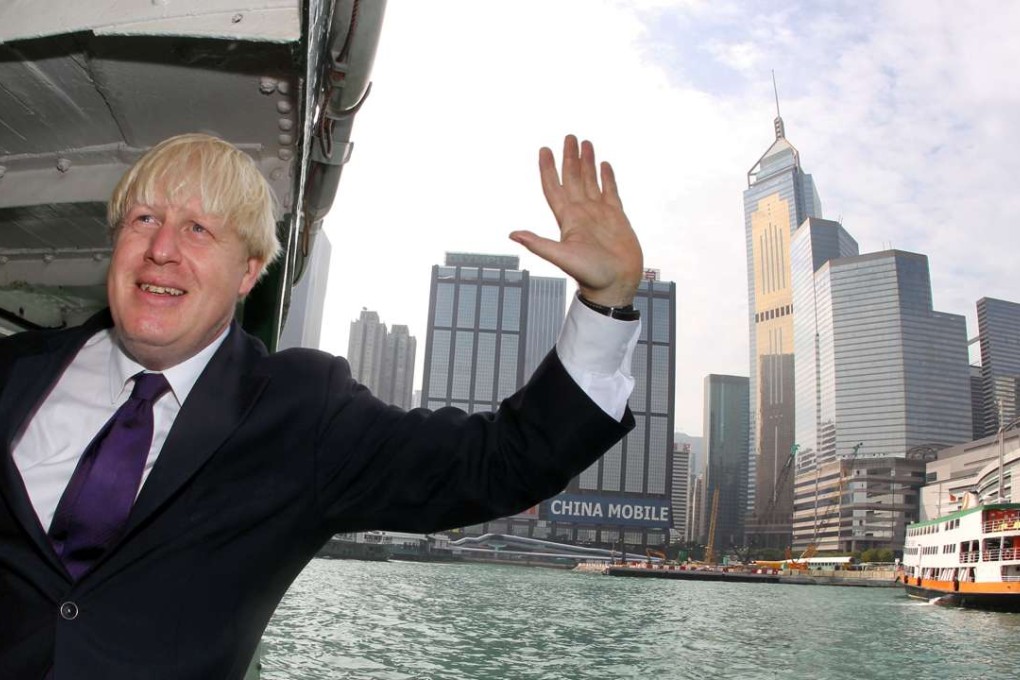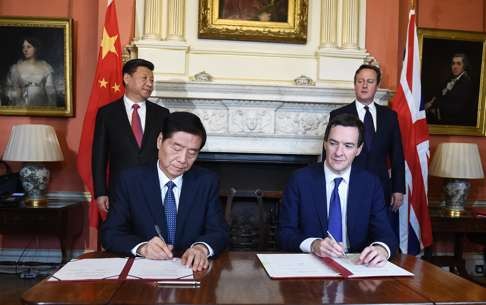‘Hong Kong could suffer if Britain seeks closer ties with Beijing after leaving EU’
UK could lose leverage on the city’s affairs as it looks to secure new trade deals, analyst warns

Hong Kong could be further marginalised if Britain pursues a free trade deal with China in one of its first moves in a post-European Union future, an analyst has warned.
Boris Johnson, Britain’s new foreign secretary and chief diplomat – who will ultimately engage with Beijing – has a record of making public statements in favour of stronger China ties.
“Free trade would bring greater prosperity in both Britain and China and we should embrace it,” he said in 2013 at a British Chamber of Commerce event in Hong Kong.
Similarly, during his time as mayor of London, Johnson brokered deals with Chinese firms to invest in the capital.
Liam Fox, the new Secretary of State for International Trade, will also play a key role in forging trade links.
